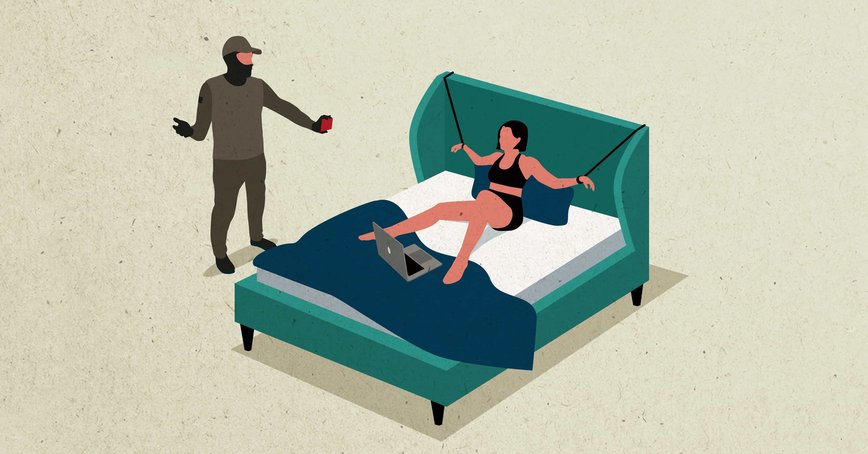
Ukraine Sees Spike In Porn-Related Criminal Cases As Onlyfans Creators Feel The Heat on OnlyLikeFans

Ukraine's Alarming Rise in Porn Charges
This year, Ukraine has seen a 13% increase in criminal cases involving adult pornography, with 1,498 cases opened under Article 301 of the Criminal Code, compared to 1,320 cases in the same period last year. The most significant spikes occurred in January and March, accounting for nearly half of these cases. Impressively, the resolution rate for these cases stands at 95%, with 1,424 individuals already charged and 81% of cases sent to court.
The country has been compensating experts generously for analyzing adult content as part of their investigations. Ekonomichna Pravda reports that over three years of ongoing war, around ₴4.9 million has been spent on content examination, with experts earning approximately ₴500 per hour to sift through explicit material.
Tax Woes for OnlyFans Models
On the tax front, the State Tax Service recently issued notices to models on platforms like OnlyFans, urging them to declare their income. This move has stirred concern among creators, who fear that declaring earnings could lead to criminal charges under Article 301. Although creators are willing to pay taxes, the fear of legal repercussions looms large.
Some creators have taken their tax disputes to court, battling fines for unpaid taxes, and have emerged victorious in a few cases, with records showing three successful challenges. However, the potential for criminal charges remains a constant worry, as the law is ambiguous in its interpretation of content.
Legal Ambiguity and Calls for Reform
Lawyer Lesia Mykhalenko underscores the outdated nature of Article 301, suggesting that it could even apply to private exchanges between consenting adults. She notes that the article's decriminalization won't legalize pornography but would prevent criminal cases against consensual adult content creators.
“If OnlyFans models and creators are willing to declare their income and pay taxes at the request of the Tax Service, this should not automatically become grounds for opening a criminal case under Article 301 of the Criminal Code of Ukraine,” explains lawyer Lesia Mykhalenko. “The platforms do not share, and the Tax Service does not analyze, the content itself – they only see financial transactions.”
The draft law No. 12191 aims to address these issues by decriminalizing such content. This potential change could alleviate pressure on creators, allowing them to produce consensual adult content without fear of prosecution.













